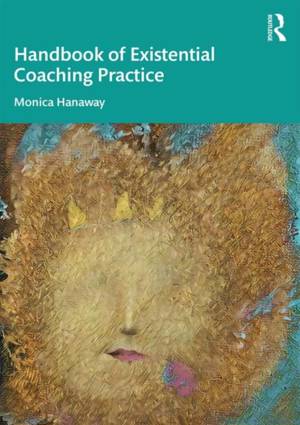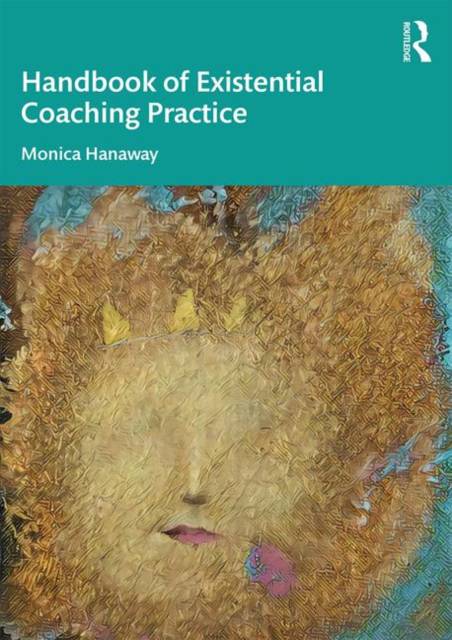
- Retrait gratuit dans votre magasin Club
- 7.000.000 titres dans notre catalogue
- Payer en toute sécurité
- Toujours un magasin près de chez vous
- Retrait gratuit dans votre magasin Club
- 7.000.0000 titres dans notre catalogue
- Payer en toute sécurité
- Toujours un magasin près de chez vous
Description
In The Handbook of Existential Coaching Practice, Monica Hanaway presents a complete introduction to existential coaching, focusing on how coaches can incorporate key skills in all aspects of their practice. Practical and theoretical, the book explores how existential thought can offer a fresh re-orientation of coaching practice that embraces uncertainty, working towards a deeper understanding of the client's world and the challenges they face in the twenty-first century.
This comprehensive guide is presented in two parts, bringing together theoretical coaching models and Hanaway's extensive practical experience. In Part 1, Hanaway begins by clearly exploring what is meant by existential coaching and places it in the context of contemporary coaching culture, illuminating the key philosophical elements of the existential coaching approach and the differences between existential coaching and existential psychotherapy. In Part 2, Hanaway draws from her own experience and presents case studies to demonstrate how coaches can build relationships with clients, enabling them to face existential dilemmas in their organisational and social life to become their authentic self. She introduces key existential concepts relating to authenticity, relatedness, freedom, responsibility, values and beliefs, and encourages the reader to explore how these are relevant to the coaching process. The book includes case studies, questioning and reflective exercises to encourage development of good practice and build the skills necessary all the way through a coaching relationship, from contracting to ending.
This is the first guide of its kind, with Hanaway playing an instrumental role in the development and growth of existential coaching as well as designing the one of the world's first University-accredited MA programmes. It will be essential reading for coaches in practice and in training, as well as students and academics of applied philosophy and psychology.
Spécifications
Parties prenantes
- Auteur(s) :
- Editeur:
Contenu
- Nombre de pages :
- 170
- Langue:
- Anglais
Caractéristiques
- EAN:
- 9780367408381
- Date de parution :
- 24-04-20
- Format:
- Livre broché
- Format numérique:
- Trade paperback (VS)
- Dimensions :
- 175 mm x 244 mm
- Poids :
- 317 g







